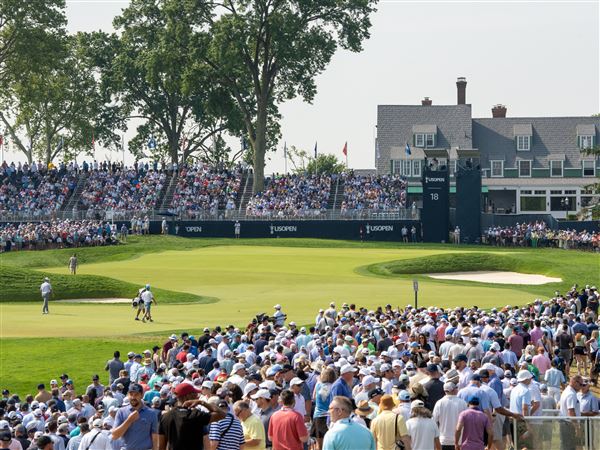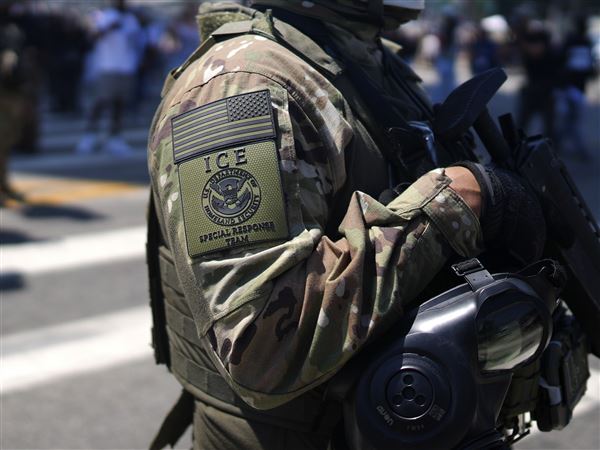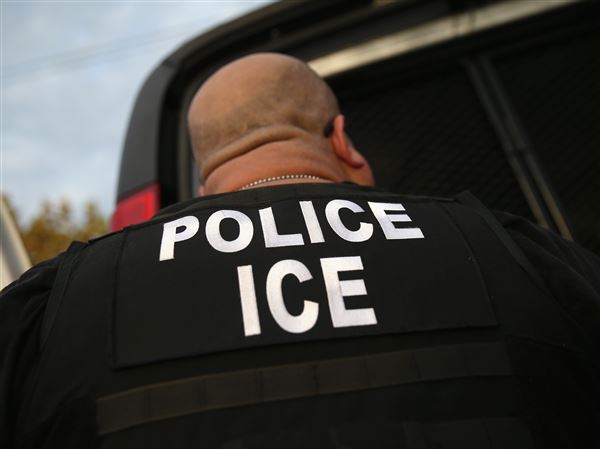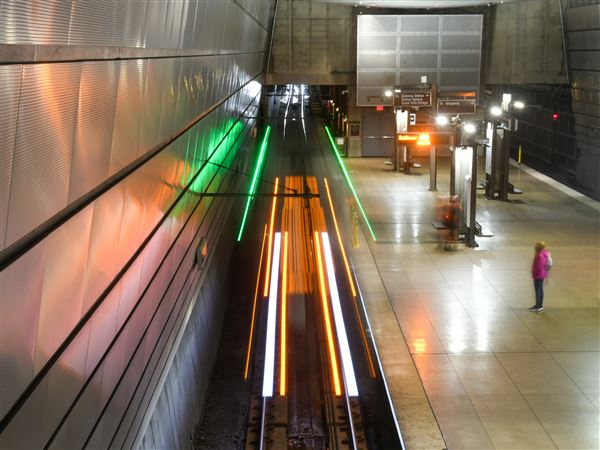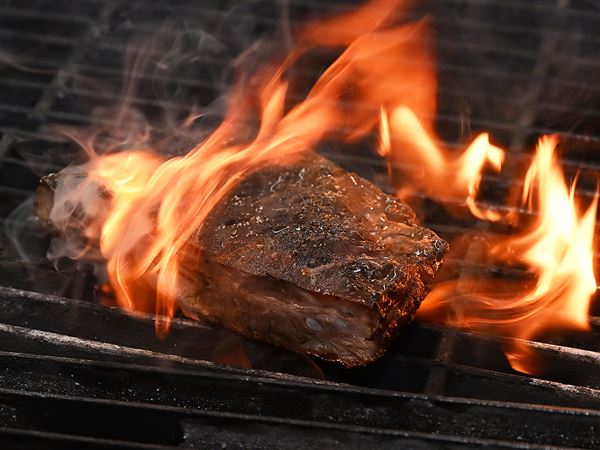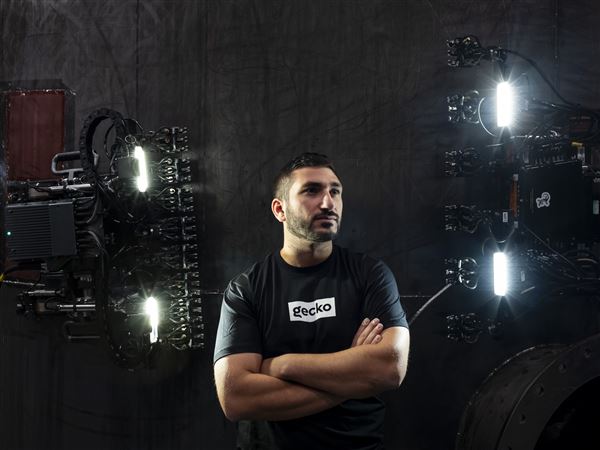OTTAWA -- The two summit meetings of world leaders hosted by Canada last June might have enhanced Prime Minister Stephen Harper's image as a world leader and bolstered his re-election prospects this year. Instead, the political fallout over the billion-dollar cost and how some of the spending benefited one of his allies threatens to undermine his campaign.
As Mr. Harper prepared for a debate between party leaders on Tuesday night, his Conservative Party found itself on the defensive after a draft report by Canada's auditor general said that $50 million of the spending was directed largely to prop up the political fortunes of a prominent cabinet minister. The draft report by Sheila Fraser, the popular and fiercely nonpartisan federal auditor general, was leaked to several news organizations.
The party was also forced to apologize for quoting Ms. Fraser as defending as "very good" the government's process for controlling security-related spending on the two summit meetings. It turned out, as Ms. Fraser pointed out last Friday, that she made the comment in 2004, referring to the Liberal government's spending on security after the Sept. 11 terrorist attacks in New York and Washington.
"These are shocking revelations," Michael Ignatieff, the Liberal leader, said on Monday. "I don't know how Canadians can have confidence in a government that treats public money in this way." Documents made public last September indicated that the spending for security at the two summit meetings included an array of unexpected or expensive items.
Among them were $13,711 for glow sticks; $62 million on accommodations and meals; $17,500 for "fireballs," or magnetic warning lights for police cars; and $4.3 million for a temporary steel fence around a lakeside resort where the Group of 8 meeting took place.
In addition, the police force bought some special equipment for the meetings, including a $42,000 harpoon system to disable speedboats. It also bought $260,000 worth of digital cameras, many of them Nikon D300s's, $260,000 worth of computers and thousands of dollars in software.
Most of the attention here this week has focused on draft versions of a broad examination of summit spending by Ms. Fraser's office. A $50 million summit-related fund was used to, among other things, expand the ice rink in Huntsville, Ontario, and build an elaborate office building, neither of which ultimately served any major summit function, according to Ms. Fraser's office. Other money went to build public restrooms, construct a gazebo, improve an airport and enhance the downtowns of several communities a considerable distance from the summit site.
A common thread was that those communities are all within the rural area represented in Parliament by Tony Clement, the Conservative industry minister.
While the government has said that the 32 projects were vetted by government officials, the auditor general found that was not the case. Her report concluded that the projects were, in effect, approved by Mr. Clement, the mayor of Huntsville and the general manager of the resort that hosted the Group of 8 meeting.
The auditor general concluded that the government also buried a $50 million spending measure intended to speed up traffic crossing to and from the United States. Huntsville is about a four-hour drive from the border. An early draft of the report described that accounting as "possibly illegal."
Mr. Clement and the mayor have denied that they allocated the money or that anything improper occurred.
"It is pure politics by the opposition," Mr. Clement told the Canadian Broadcasting Corporation. "It is acknowledged that this report was illegally leaked."
Under Canadian law, the auditor general cannot release a final version of her report until a new Parliament is formed after the election on May 2.
First Published: April 13, 2011, 4:00 a.m.
